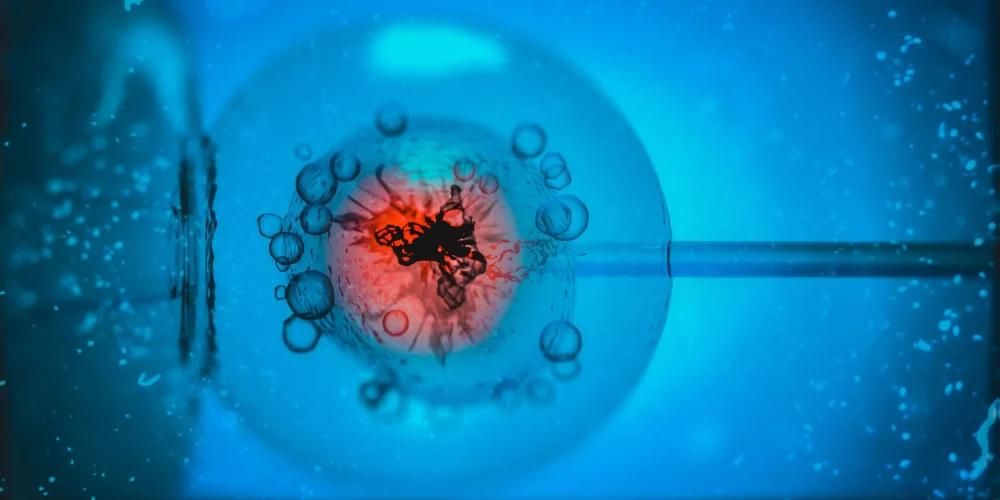The adenovirus causes respiratory and gastrointestinal infections. The immunoglobulin tests available at NefroCenter Group’s laboratories
The adenoviruses are DNA viruses that cause infections in humans. To date, over 100 serotypes have been recognized, classified into 7 subgroups based on the differences in the DNA and named after letters from A to G.
These viruses are easily transmittable from person to person, even by air.
In fact, they spread through the droplets of saliva dispersed in the air with sneezes and coughs, or through the ingestion of food contaminated by saliva.
Therefore, children are the main targets of the virus, since they spend a lot of time with each other in kindergarten and school.
The adenoviruses can cause infections to the respiratory tract, the gastrointestinal tract, the urinary tract, and the eyes’ conjunctiva.
The symptoms
Speaking of the respiratory tract, these viruses can cause severe pharyngitis, but also colds, fever, inflammation of the conjunctiva, cough, and tonsillitis, similarly to a common flu, especially in children who are 8 years old or older.
Other symptoms include the swelling of the lymph nodes of the neck and of the submandibular glands, in case of an acute respiratory infection.
After the first few days, adenoviruses can cause bronchiolitis and pneumonia. In immunosuppressed patients it can degenerate into impaired lung function, requiring hospitalization.
Inflammation of the conjunctiva and the cornea is very frequent among children. It manifests itself through redness, a burning feeling, and an “intolerance” to light.
The diagnosis
Since it causes symptoms that are very common, the diagnosis of adenovirus infections occurs rarely.
In fact, doctors usually prescribe therapies that serve to block the symptoms.
However, there are indeed specific tests for the adenovirus.
They’re based on the analysis of the patient’s biological fluids in order to identify the proteins or the DNA of the virus. This is possible thanks to immunofluorescence or immunoenzymatic techniques or by molecular tests.
Alternatively, blood tests can be used to detect the presence of immunoglobulins, in particular the IgG’s and the IgM’s: the former appear between 7 and 10 days after the infection; the latter in 25% of the cases.
Therapy
The therapies most prescribed by doctors involve the administration of anti-inflammatory and antipyretic drugs to reduce fever. Paracetamol is therefore frequently prescribed since it’s specifically useful to bring body temperature back to normal. In cases of conjunctiva inflammation, it’s recommended to use specific eye drops.
For children, doctors may prescribe antibiotic treatment mainly focused on preventing any complications caused by bacterial infections.
Adenovirus tests in NefroCenter’s labs
NefroCenter Group includes, among its specialized labs, also several centers where it’s possible to perform blood tests to detect the presence of IgG and IgM immunoglobulins.
Laboratorio Maiello in Naples, in Via Sant’Alfonso Maria de’ Liguori 3. It operates continuously from Monday to Friday from 7am to 7pm, and from 7:30am to 1pm on Saturdays.
Toma Centro Sud in Naples, in Via Generale Francesco Pignatelli 2. It operates continuously from Monday to Friday from 7:30am to 6:30pm, and from 7:30am to 11:30am on Saturdays.
Laboratorio Miglio d’Oro in Ercolano, in Via Emilio Bossa 24. It operates continuously from Monday to Friday from 7:30am to 1:30pm, and from 8:30am to 11:30am on Saturdays.



